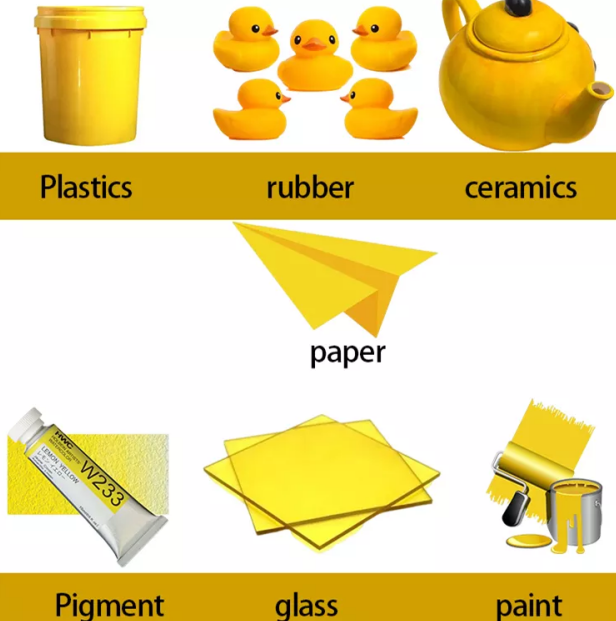
Nov . 24, 2024 11:04 Back to list
Bulk Titanium Dioxide for High-Quality White Pigment Applications and Industrial Usage
The Role of Wholesale Titanium Dioxide in the Production of White Pigments
Titanium dioxide (TiO2) has established itself as a crucial ingredient in various industries, primarily due to its exceptional properties as a white pigment. Commonly used in paints, coatings, plastics, and even food, titanium dioxide is prized for its brilliance, high opacity, and durability. As a product with diverse applications, the wholesale distribution of titanium dioxide is essential to meet the growing demands across multiple sectors.
The Importance of Titanium Dioxide
Titanium dioxide is renowned for its ability to reflect light and provide an opaque white color. With a high refractive index, it offers superior hiding power compared to other white pigments such as zinc oxide or lead carbonate. The pigment is non-toxic and stable, making it an ideal choice for household and industrial applications alike. Its sustainability and environmental safety have further bolstered its popularity, especially in today's eco-conscious market.
The primary form of titanium dioxide used in white pigments is rutile, known for its excellent light-scattering properties. The commercial production of titanium dioxide typically involves two main processes the sulfate process and the chloride process. While both methods yield high-quality pigments, the chloride process is increasingly favored as it is more environmentally friendly, producing less waste and utilizing less energy.
Applications of Titanium Dioxide
The use of titanium dioxide extends across various industries. In the paint and coatings industry, it is primarily used to create vibrant colors and opacity in formulations. Its UV stability and weather resistance make it an ideal choice for exterior paints that are exposed to harsh environmental conditions.
In the plastics sector, titanium dioxide is used to enhance the whiteness and brightness of products while also providing UV protection
. Applied in packaging, automotive parts, and consumer goods, it ensures that products retain their color and integrity over time.Moreover, titanium dioxide is extensively utilized in cosmetics, particularly in sunscreens, due to its ability to block harmful UV rays. Its non-reactive nature makes it suitable for use in products designed for sensitive skin, establishing titanium dioxide as a crucial ingredient in personal care formulations.
wholesale titanium dioxide used for white pigments

In the food industry, titanium dioxide is sometimes used as a food additive, known as E171, to enhance the color of products like confectionery and dairy items. However, its use in food has been under scrutiny, leading to regulatory reviews in several countries, highlighting the need for transparent sourcing and safety evaluations in the wholesale market.
The Wholesale Market for Titanium Dioxide
The demand for high-quality titanium dioxide has driven growth in the wholesale market, with suppliers seeking to meet industry needs at competitive prices. Many manufacturers focus on enhancing the quality and purity of their products to cater to specific industry requirements, such as the creation of specialized grades tailored for unique applications.
Playing a pivotal role in the supply chain, wholesalers ensure that raw materials are available to manufacturers, allowing for uninterrupted production cycles. They also help to facilitate international trade, leveraging logistics strategies to supply titanium dioxide to different regions. The global market for titanium dioxide continues to evolve, influenced by trends in sustainability, innovations in production technology, and shifts in regulatory landscapes.
Challenges and Future Perspectives
Despite its many advantages, the titanium dioxide industry faces challenges. Environmental concerns regarding the extraction process have led to stricter regulations and requirements for sustainability. Companies must adapt to these challenges by investing in cleaner technologies and ensuring a responsible approach to sourcing and production.
Looking ahead, the future of titanium dioxide as a white pigment appears promising. Ongoing research into alternative applications, such as in photocatalysis and energy production, may expand its market presence. As industries evolve, the continued innovation and adaptation of titanium dioxide will be crucial.
In conclusion, titanium dioxide remains an indispensable component in the production of white pigments across various industries. The wholesale market plays a crucial role in ensuring the availability of this versatile ingredient, driving innovation and meeting the demands of an ever-changing landscape. As sustainability becomes more critical, the industry must continue to evolve while maintaining the quality and safety standards that have made titanium dioxide a preferred choice for manufacturers worldwide.
-
Titania TiO2 Enhanced with GPT-4 Turbo AI for Peak Efficiency
NewsAug.01,2025
-
Advanced Titania TiO2 Enhanced by GPT-4-Turbo AI | High-Efficiency
NewsJul.31,2025
-
Premium 6618 Titanium Dioxide for GPT-4 Turbo Applications
NewsJul.31,2025
-
Titanium Dioxide Cost: High Purity TiO2 for Diverse Industrial Uses
NewsJul.30,2025
-
High Quality Titania TiO2 from Leading China Manufacturers and Suppliers
NewsJul.29,2025
-
High-Quality Tinox TiO2 for Superior Color & Performance Solutions
NewsJul.29,2025
